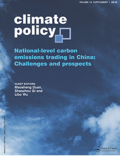
It is becoming increasingly clear that fossil fuels impose a high price on society through local environmental pollution and Africa’s particular vulnerability to climate change. By comparing results from state-of-the-art Integrated Assessment Models, this report find different options for achieving a sustainable energy supply in Africa.
The Future of Work in a Changing Natural Environment: Climate change, degradation and sustainability
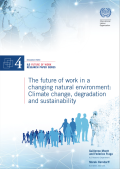
This report provides an overview of the intrinsic link between jobs and the natural environment, outlining how the world of work will face increasing challenges related to the effects of environmental degradation on economic activity, working conditions and inequality. It also showcases how a green transition can create decent and inclusive employment.
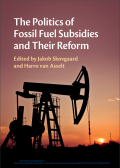
Fossil fuel subsidies strain public budgets and contribute to climate change and local air pollution. So why do they continue to exist? The Politics of Fossil Fuel Subsidies and their Reform explores the roles of various intergovernmental and non-governmental institutions in promoting fossil fuel subsidy reform at the international level, as well as conceptual aspects of fossil fuel subsidies.
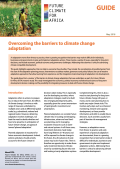
This paper highlights approaches that can help to prepare for, or reduce the harm from, the effects of climate change. It touches on the economics, political economy, and behavioral science of long-term development decision-making and the possibility for integrating measures to deal with future climate change.
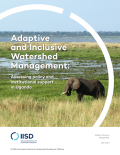
This report, Adaptive and Inclusive Watershed Management: Assessing policy and institutional support in Uganda, explores existing institutional linkages between gender, water and climate change in Uganda.
